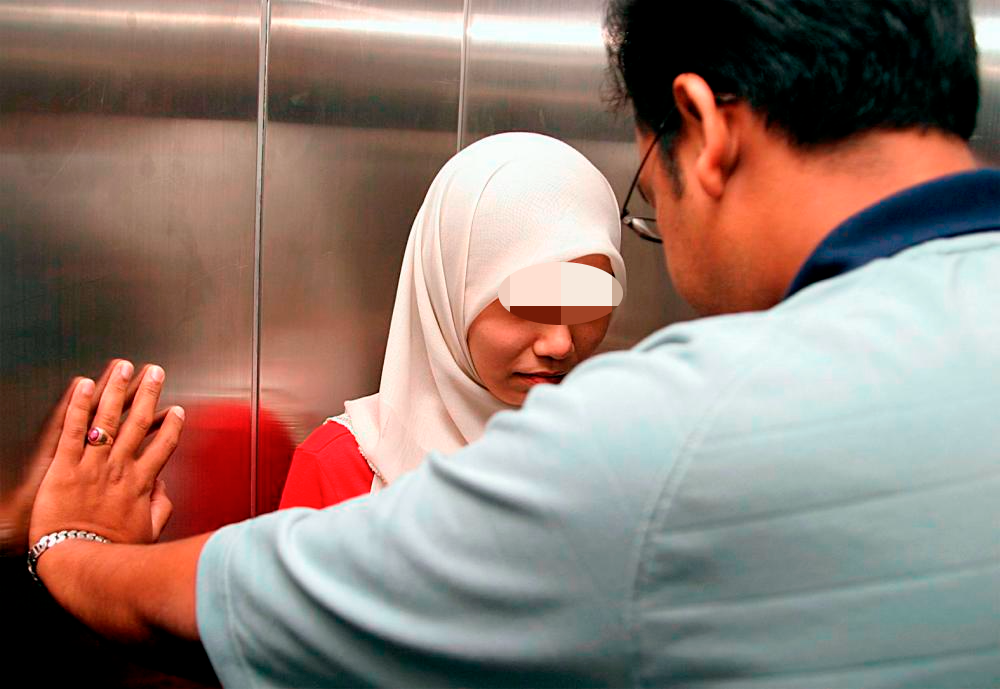PETALING JAYA: While the decrease in the number of domestic violence cases might seem like a positive development, by all accounts, this reduction is only because many cases go unreported.
This was confirmed on Feb 17 by Women, Family, and Community Development Minister Datuk Seri Nancy Shukri, who said reported cases of domestic violence might not fully reflect such incidents due to underreporting.
She had earlier announced that there was officially a decline in reported domestic violence cases to 5,507 in 2023 compared with 6,540 in 2022.
All Women’s Action Society said it is an accepted fact that domestic violence continues to be a major crime in Malaysia.
However, its spokesperson said it is difficult to quantify the numbers that go unreported.
She said relationship conflicts, and financial and other stress can cause tension within intimate relationships and increase the risk of violence.
She said in unhealthy or abusive relationships, conflicts often escalate into violence as one or both partners lack effective communication skills.
“Because of this, they build up anger and frustration, which they are unable to manage, or have unresolved issues from past experiences which spiral into domestic violence.
“Other factors such as economic instability, unemployment, debt or financial dependence on one partner can also contribute to frustration and lead to increased tension and conflict.”
She said apart from that, depression, anxiety, personality disorders, and alcohol and drug addiction can be contributing factors.
The spokesperson stressed that the effects of domestic violence can be profound and far-reaching, and impact various aspects of an individual’s physical, emotional and psychological well-being.
“The most obvious signs can be seen in a range of physical injuries, including bruises, cuts, broken bones and internal injuries, where victims may also experience chronic pain and health issues.”
In severe cases, domestic violence can lead to permanent disability or even death.
“Given the complexity and variability of individual circumstances, it is challenging to say how many domestic violence cases go unreported.”
Meanwhile, syariah lawyer and lecturer Dr Nabiqul Hakim Azuar said a lot of domestic violence cases tend to go unreported due to fear of repercussions.
“Victims fear retaliation or escalation of violence if they report the abuse, especially if the perpetrator is a spouse or intimate partner.
“Social stigma is also another reason as many victims feel ashamed or embarrassed to admit they are being abused, particularly if they fear judgement from their community or loved ones.”
Nabiqul Hakim said victims often fear being ostracised or blamed for provoking violence, and this prevents them from reaching out for support.
He said in some cultures or communities, there may be strong taboos against discussing family matters outside the home or seeking help from the authorities as it might cause shame to their family.
On April 12, a 61-year-old woman in Kulim, Kedah, died in a suspected case of domestic violence.
An autopsy revealed that the deceased had suffered injuries to her head and also had old as well as new bruises throughout her body, allegedly as a result of domestic violence.
Police said the deceased’s 57-year-old husband has been arrested and placed under remand until today to assist in the investigation.
Nabiqul Hakim advised victims of abuse not to wait but immediately seek help from family members or the relevant NGOs.










